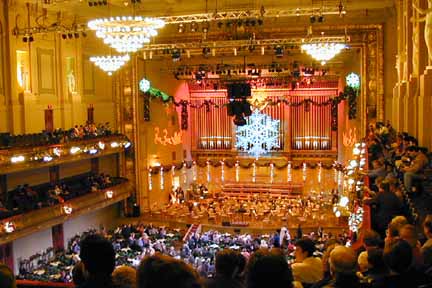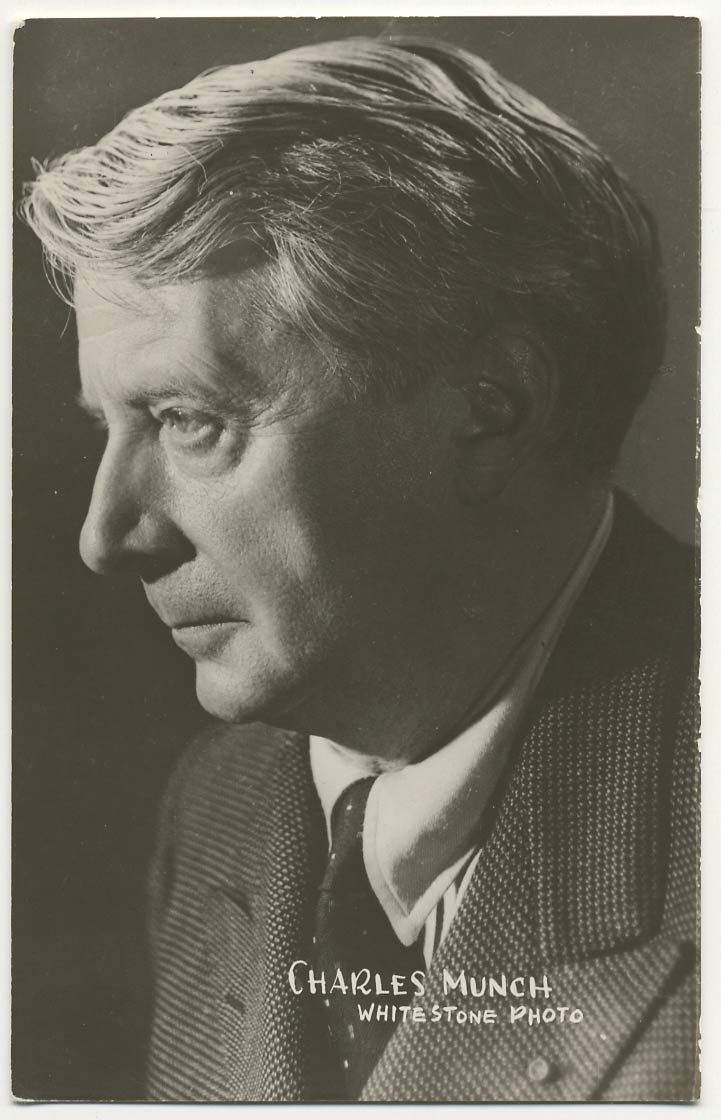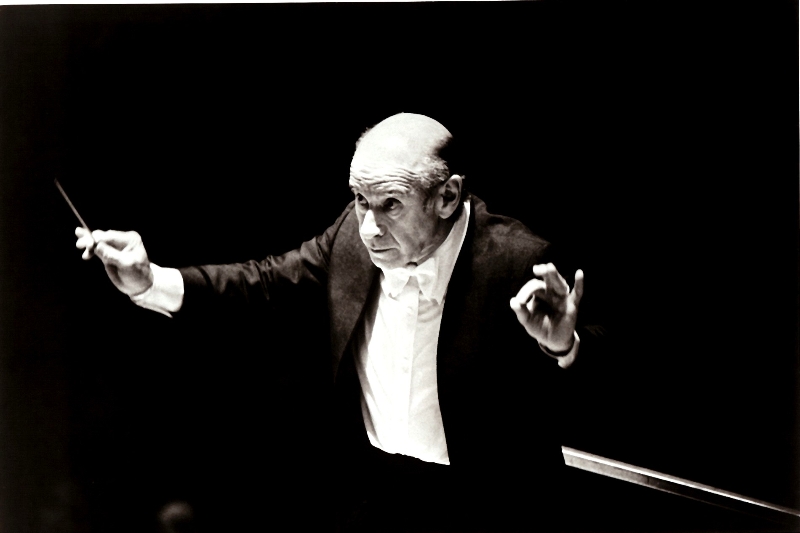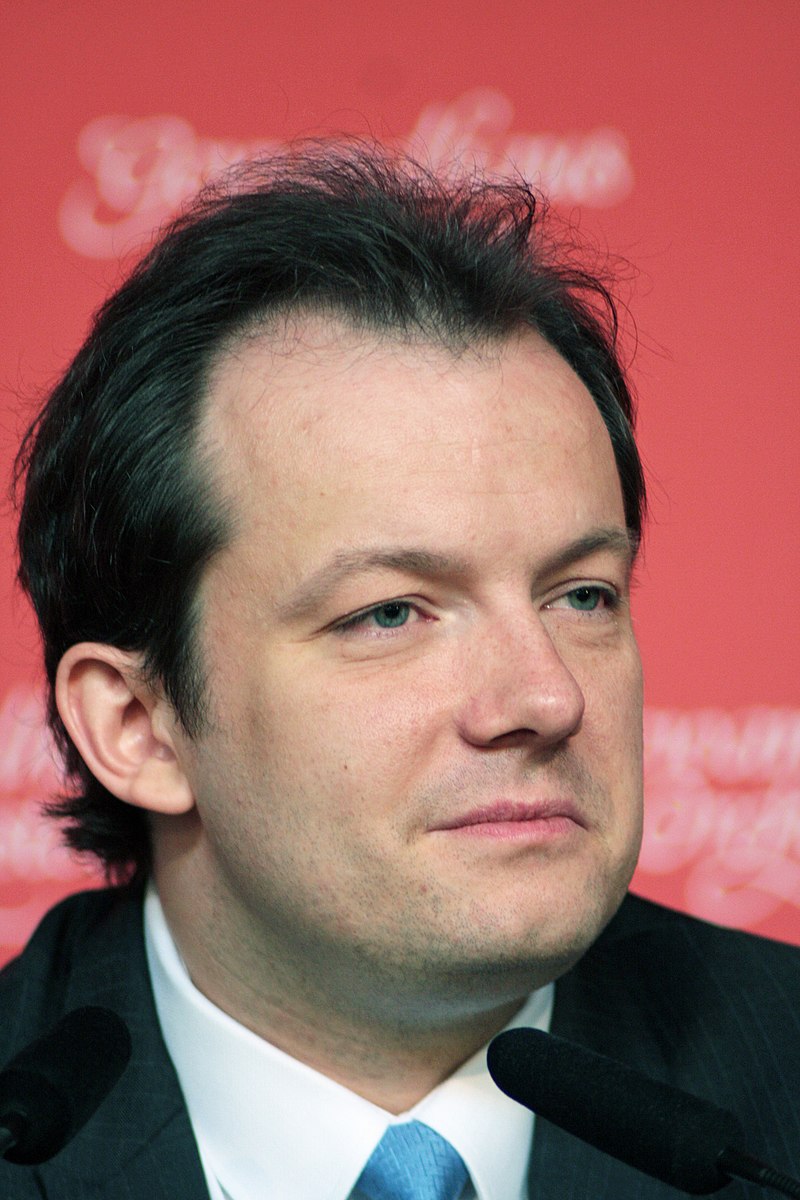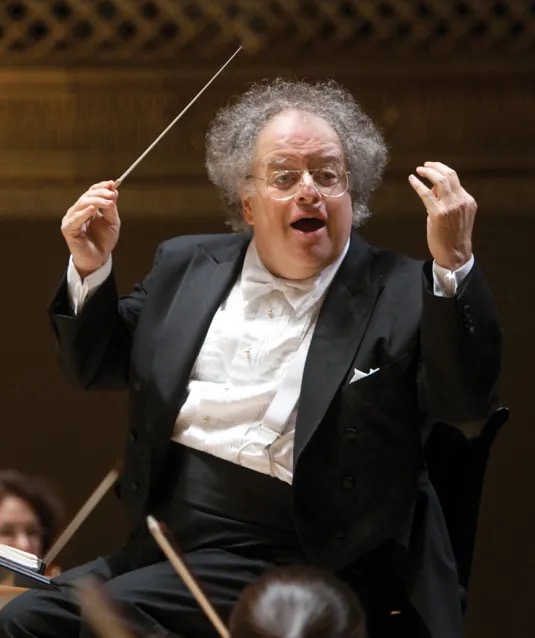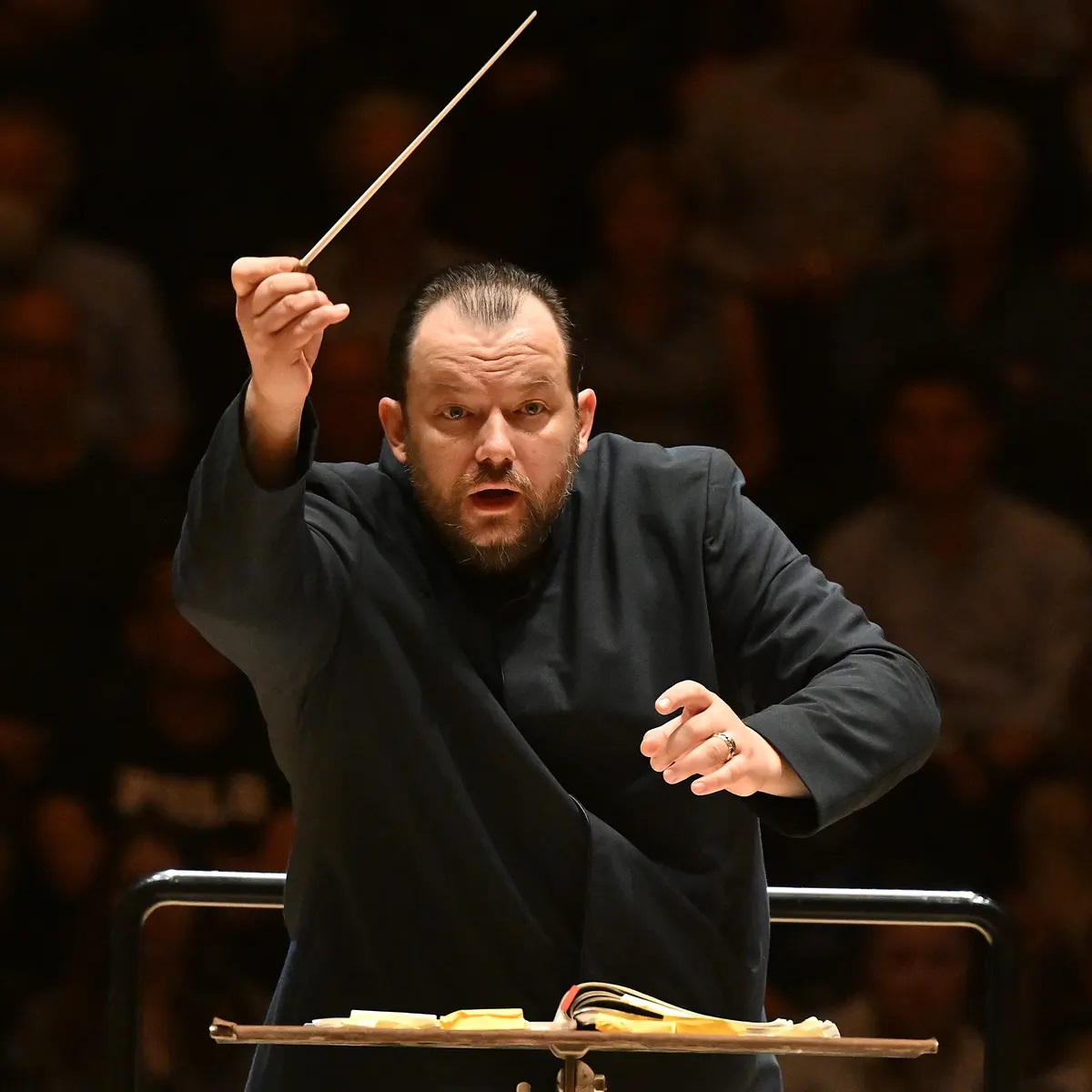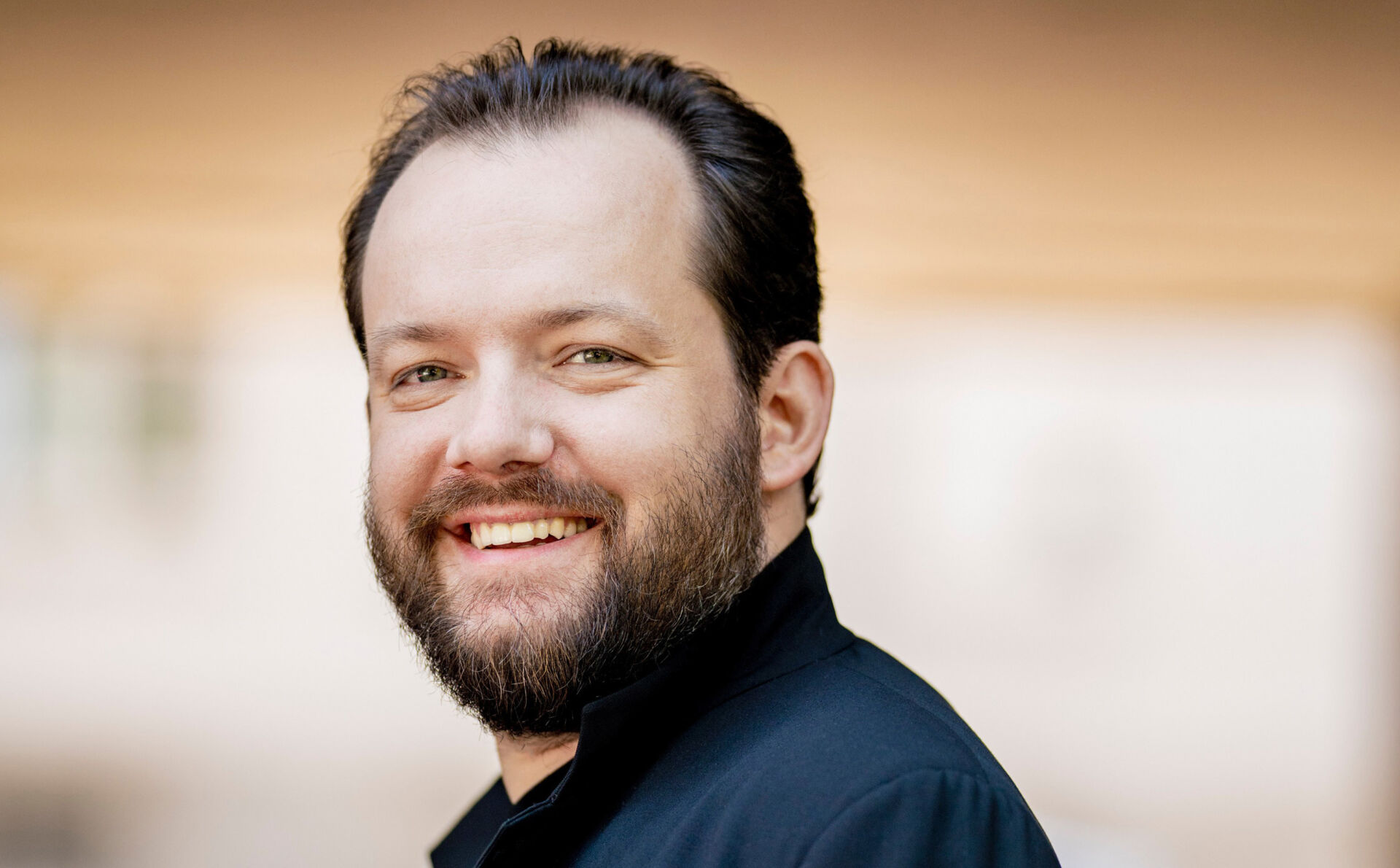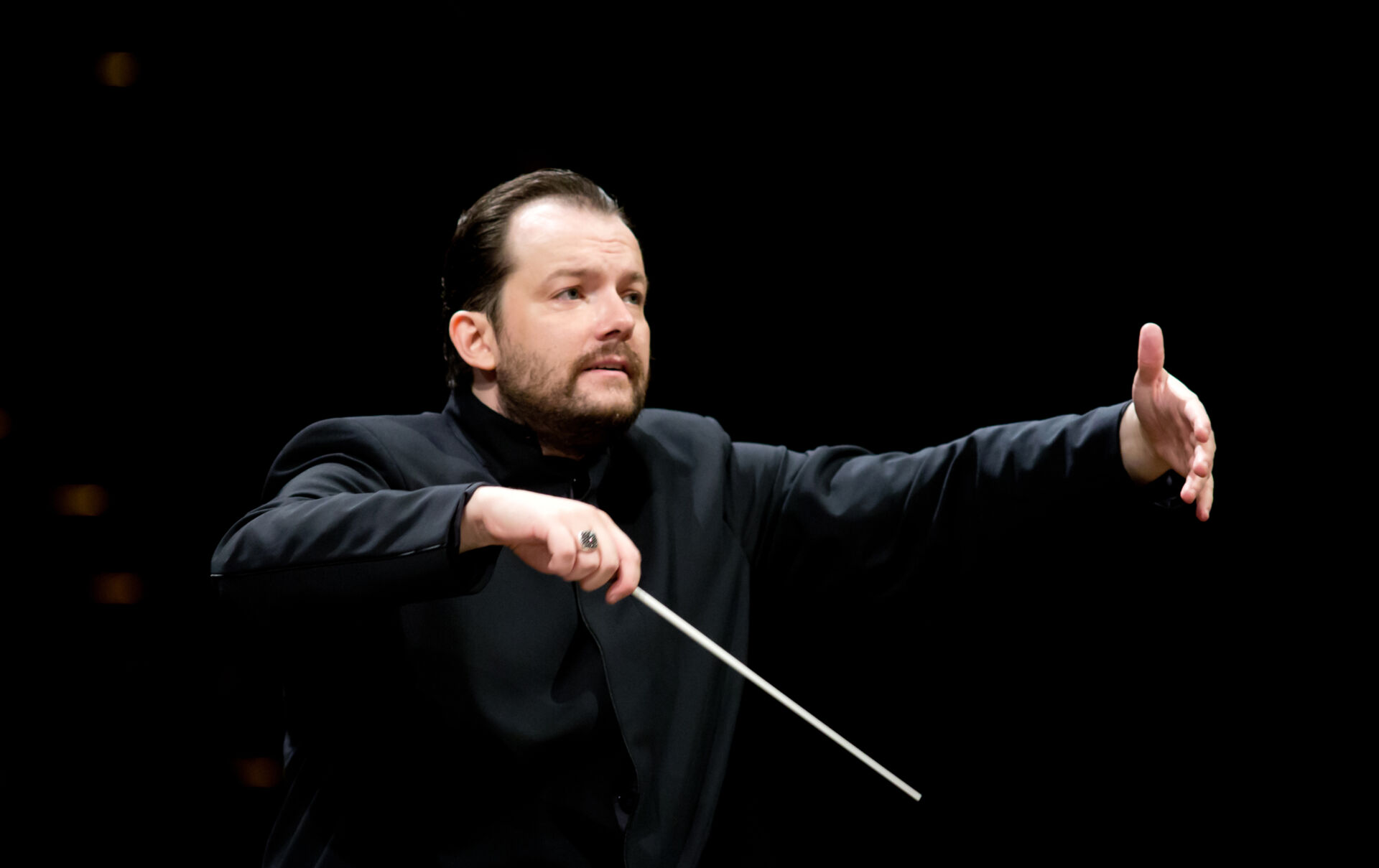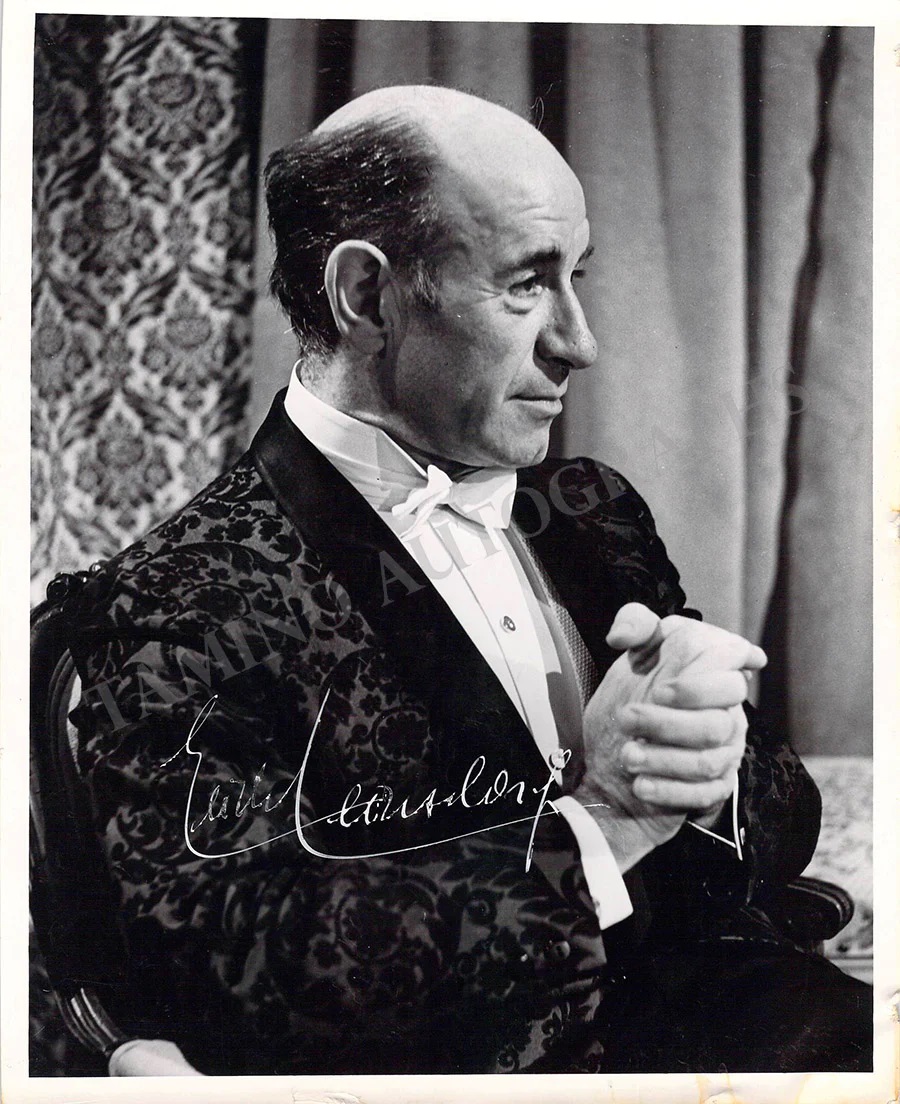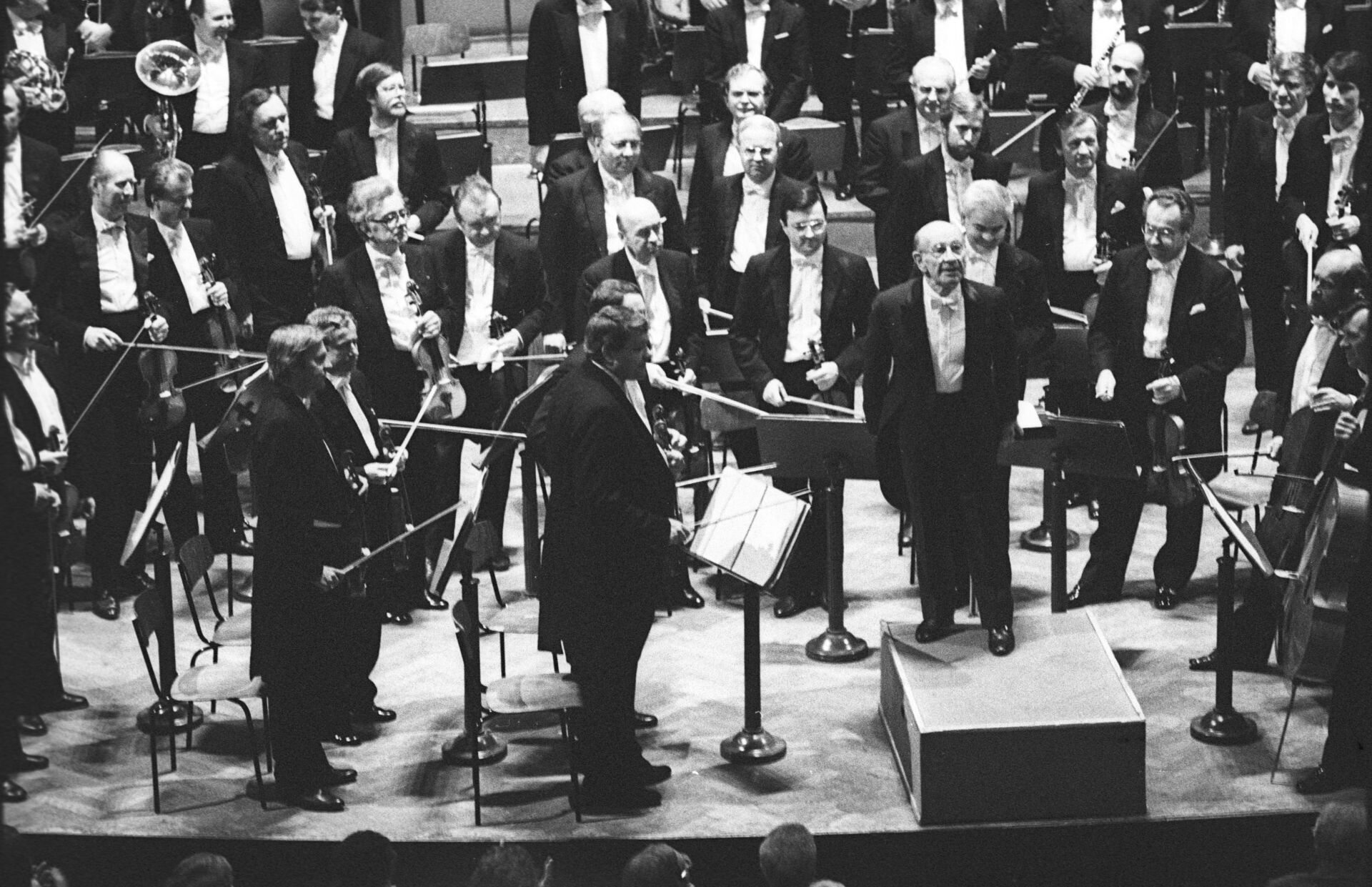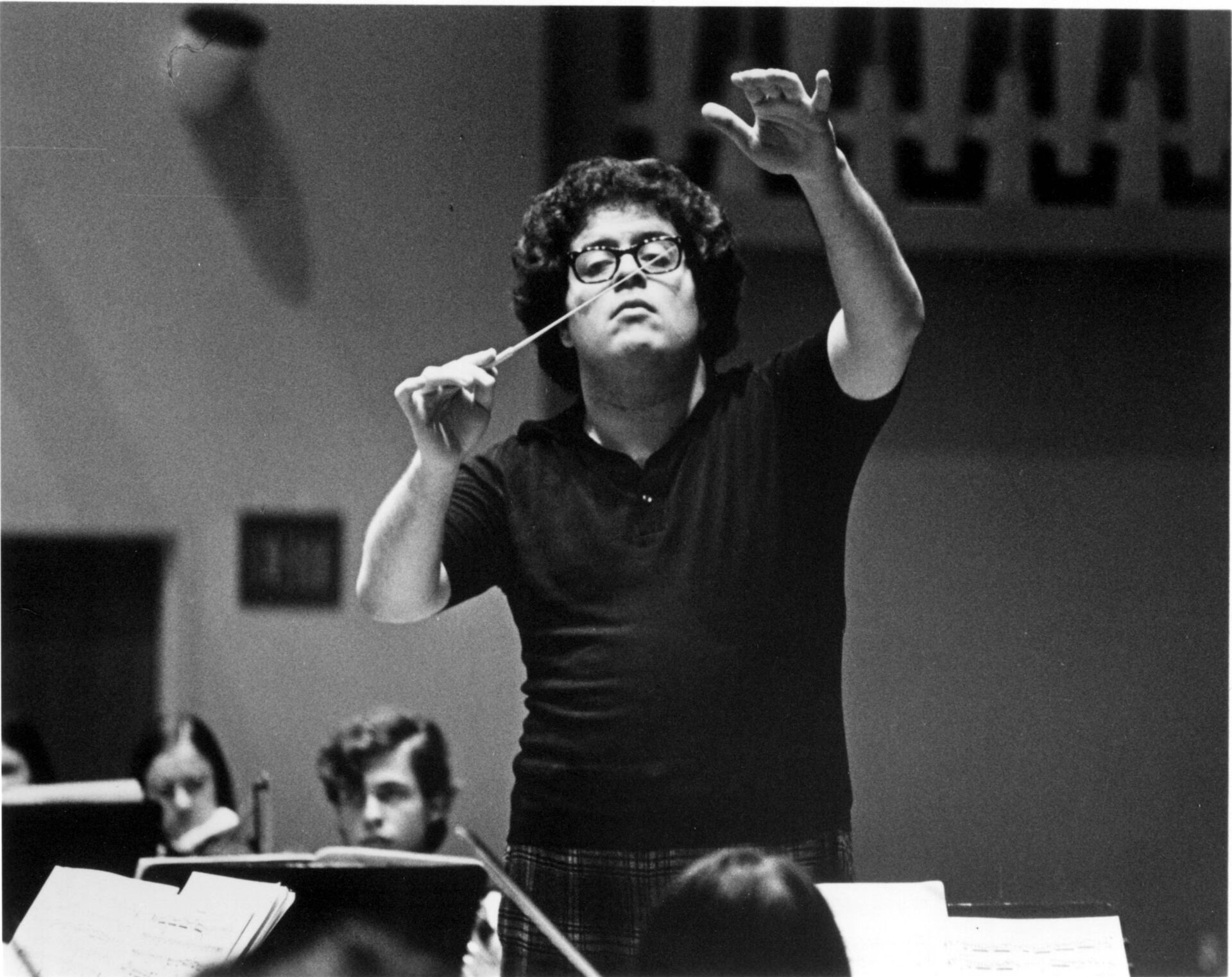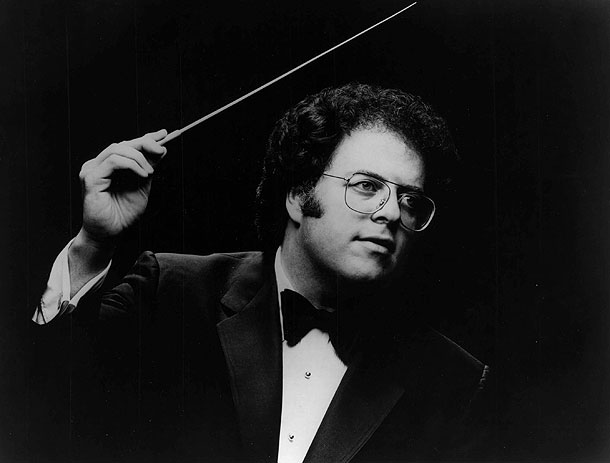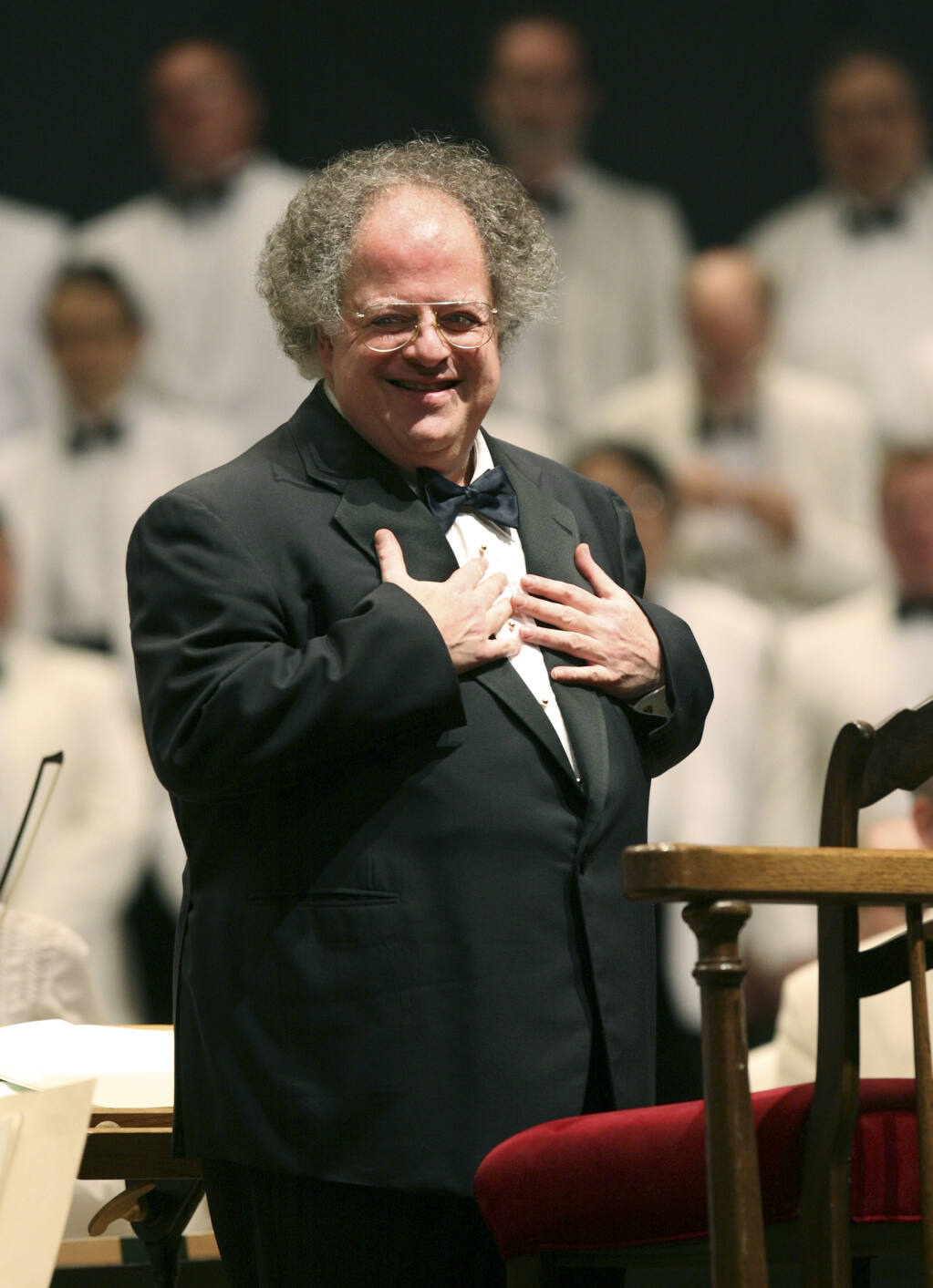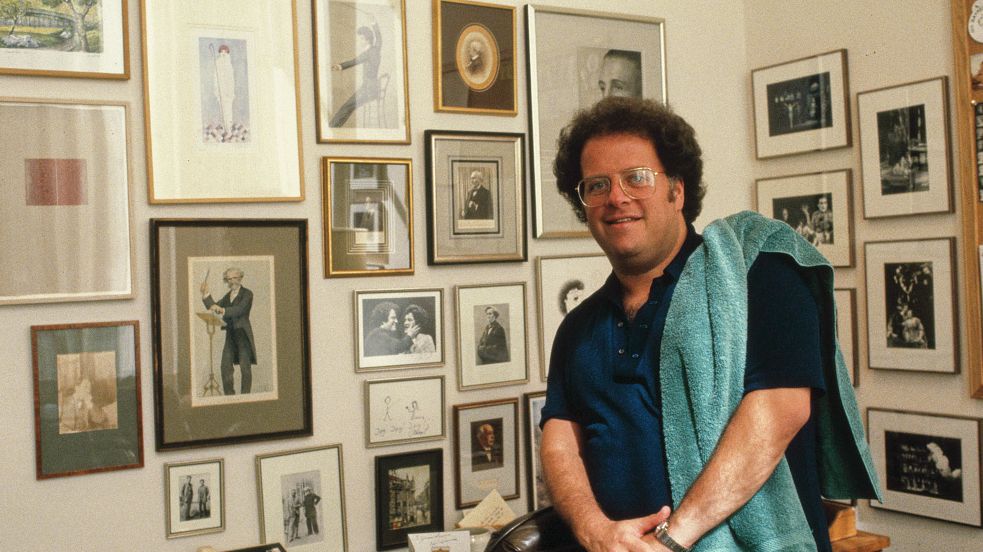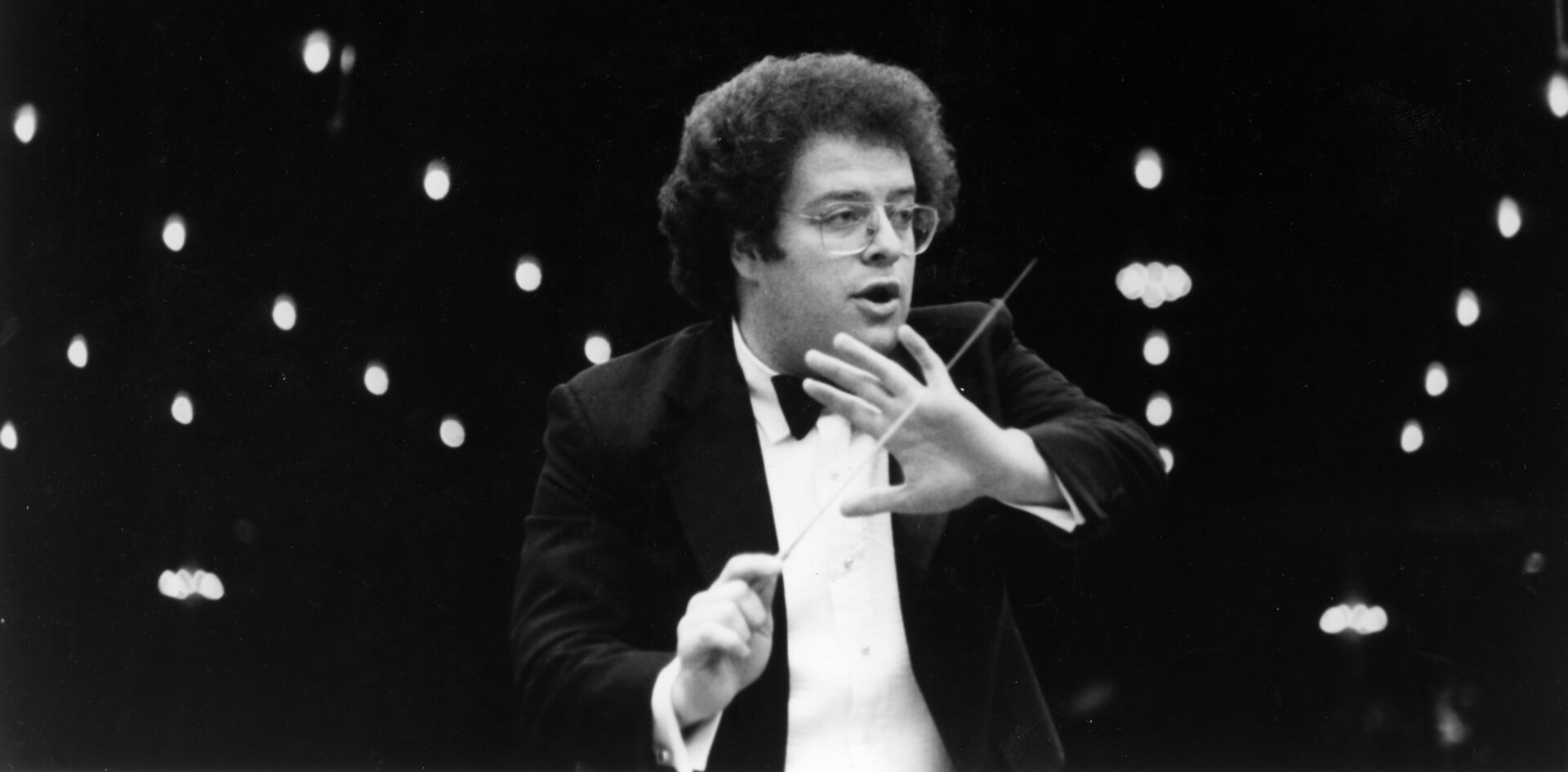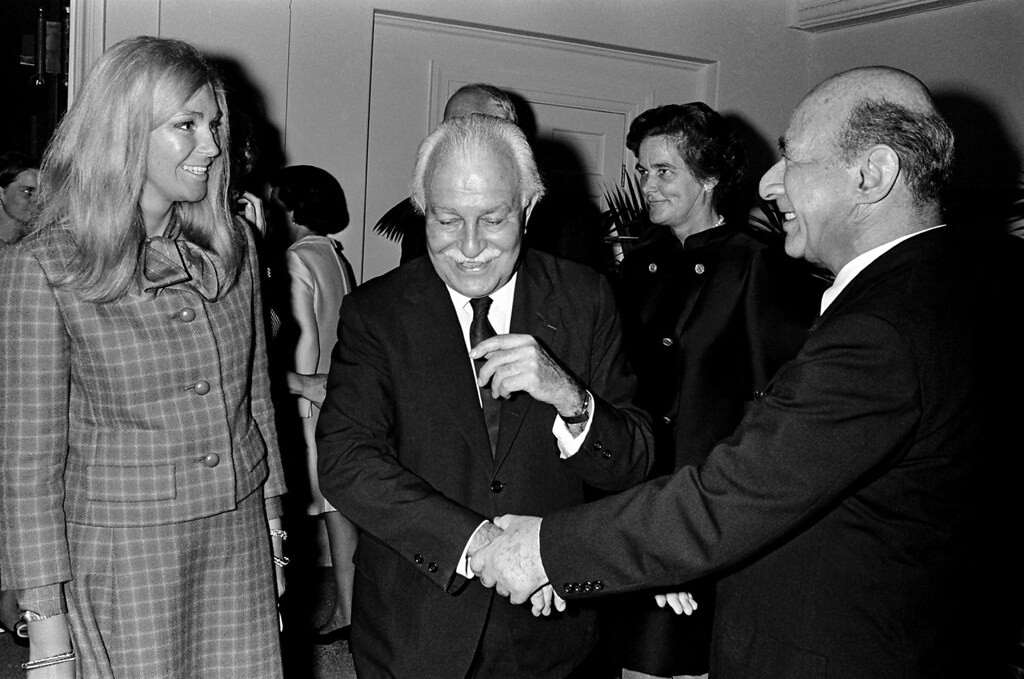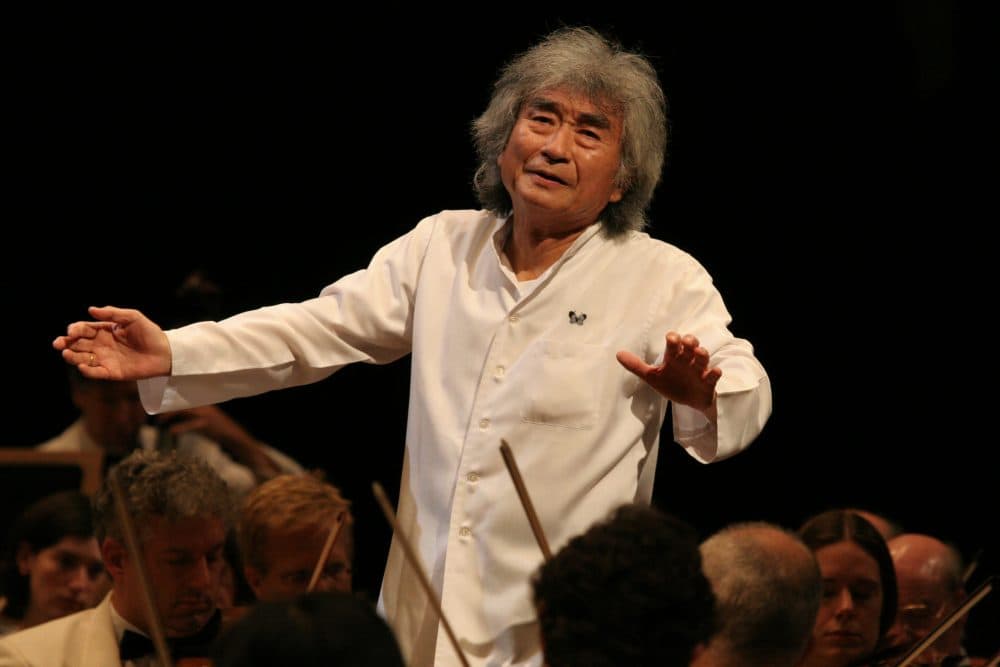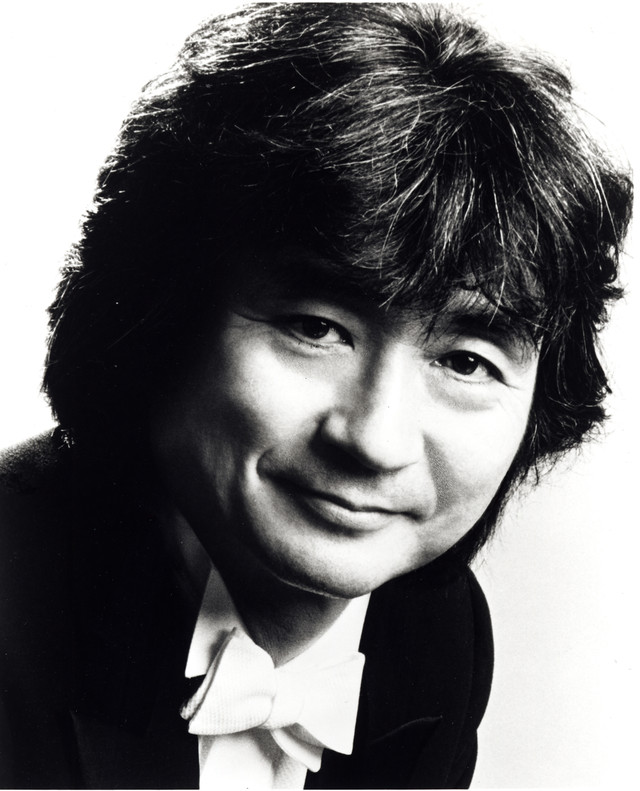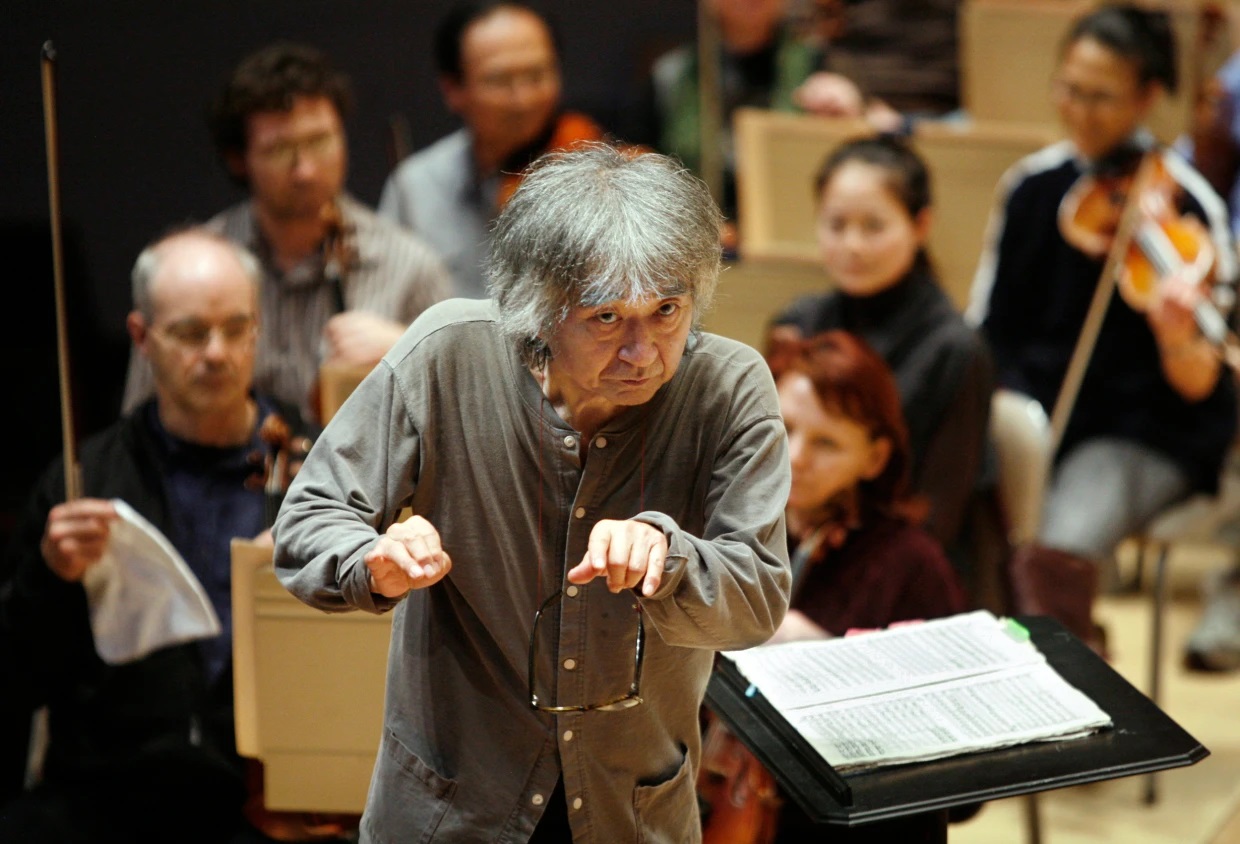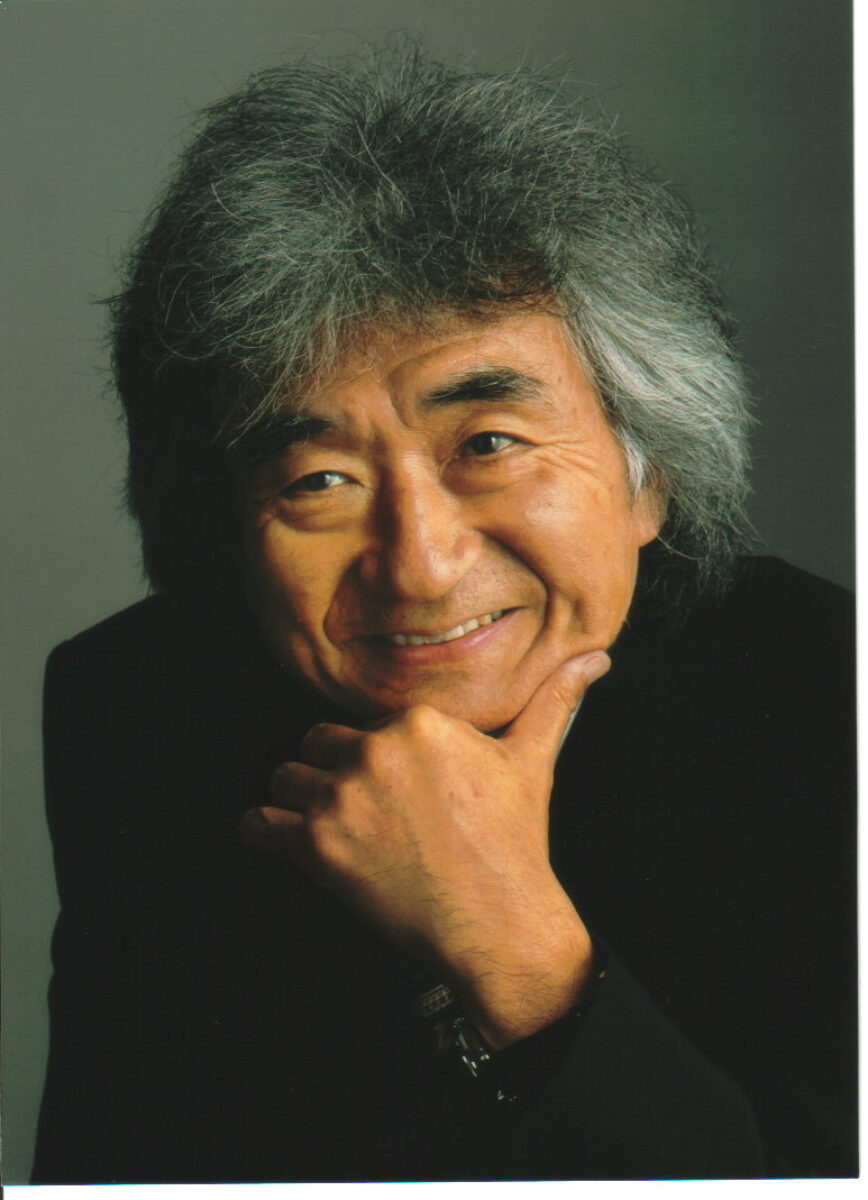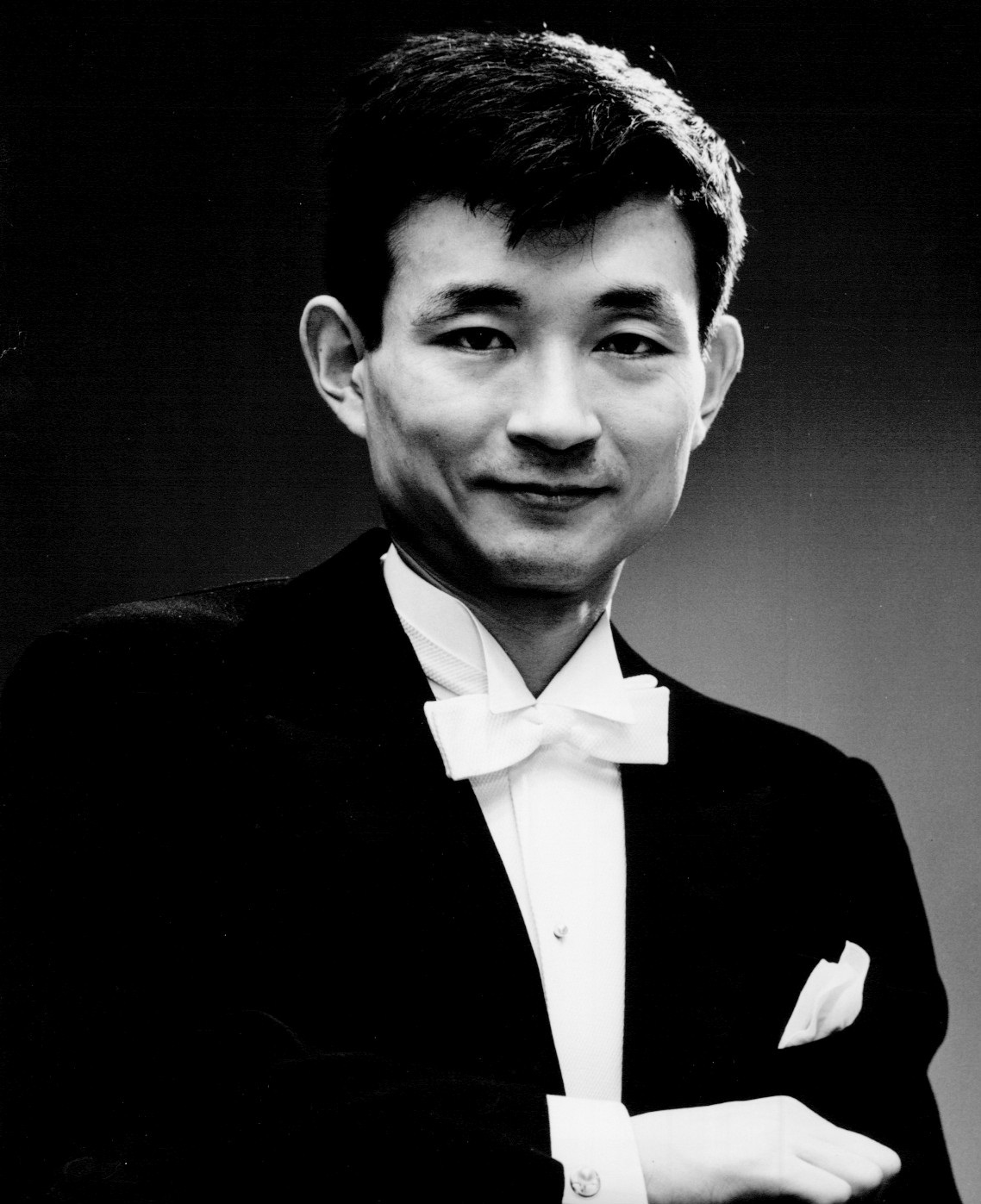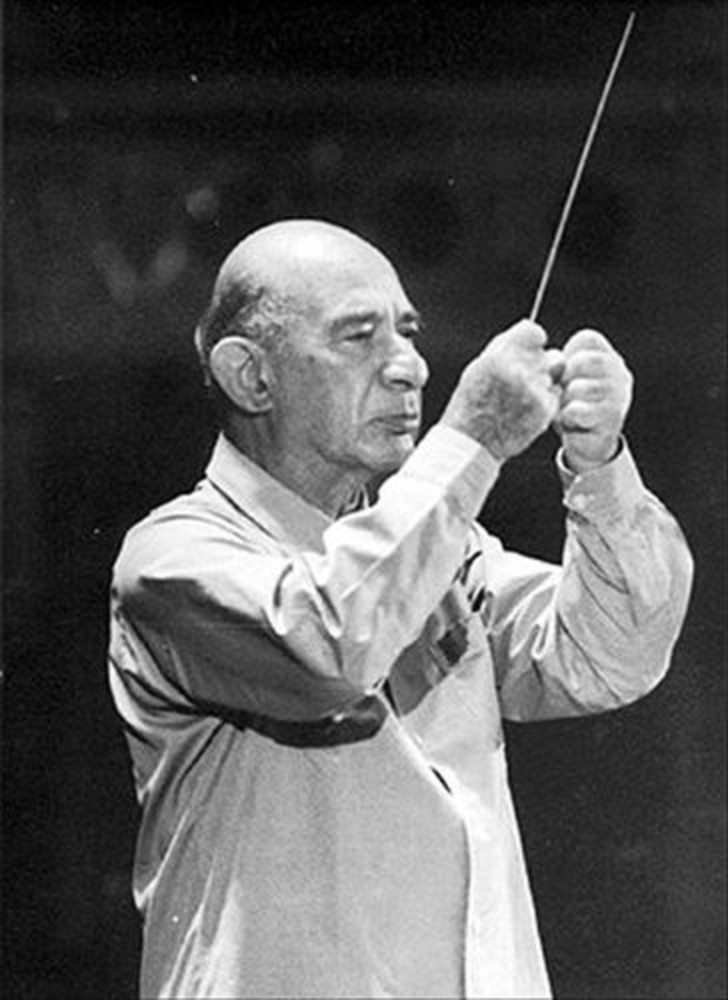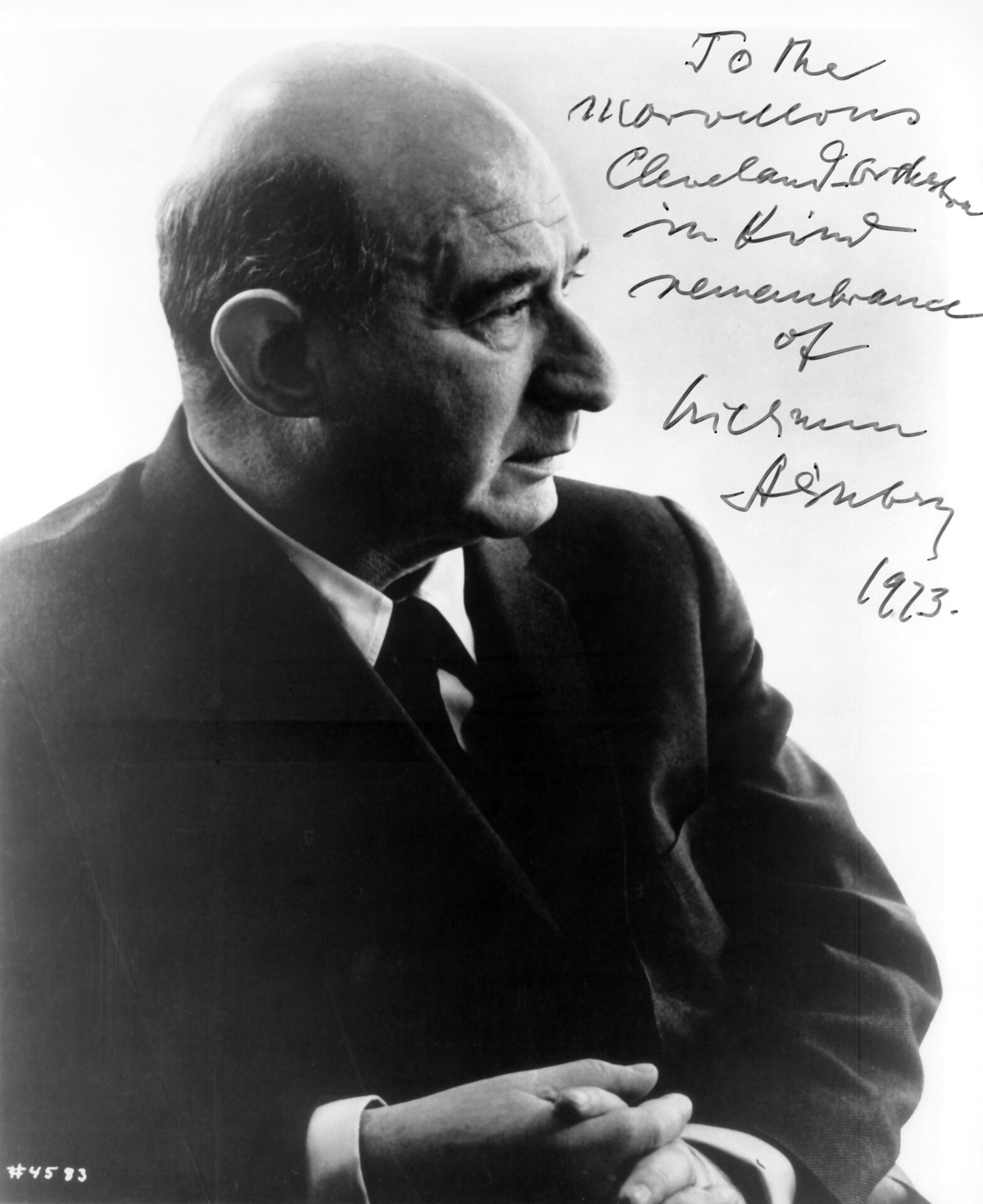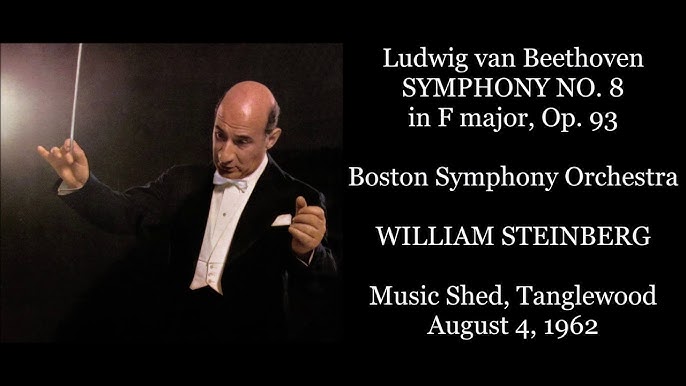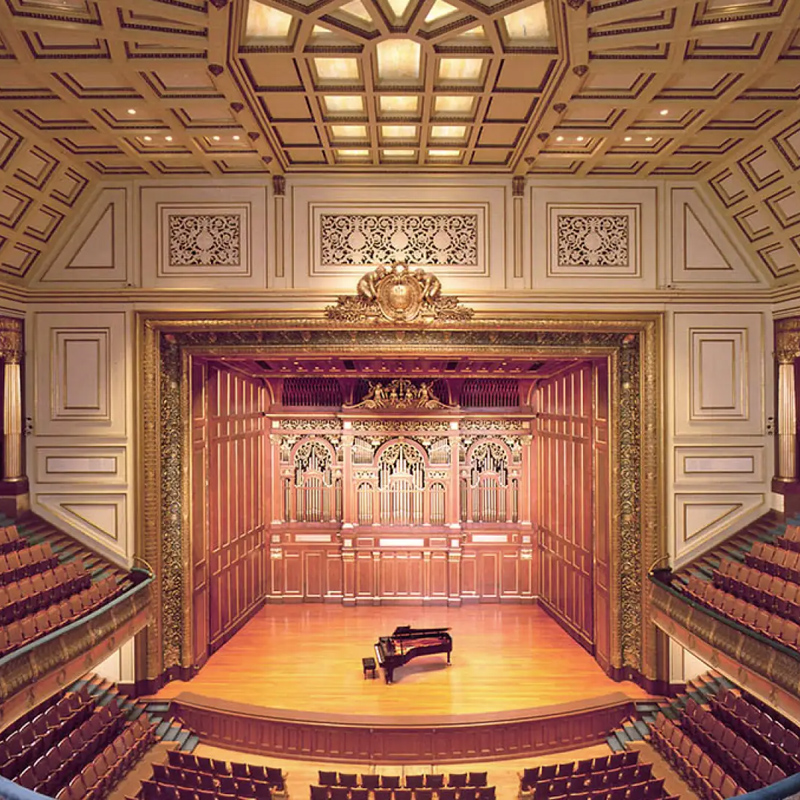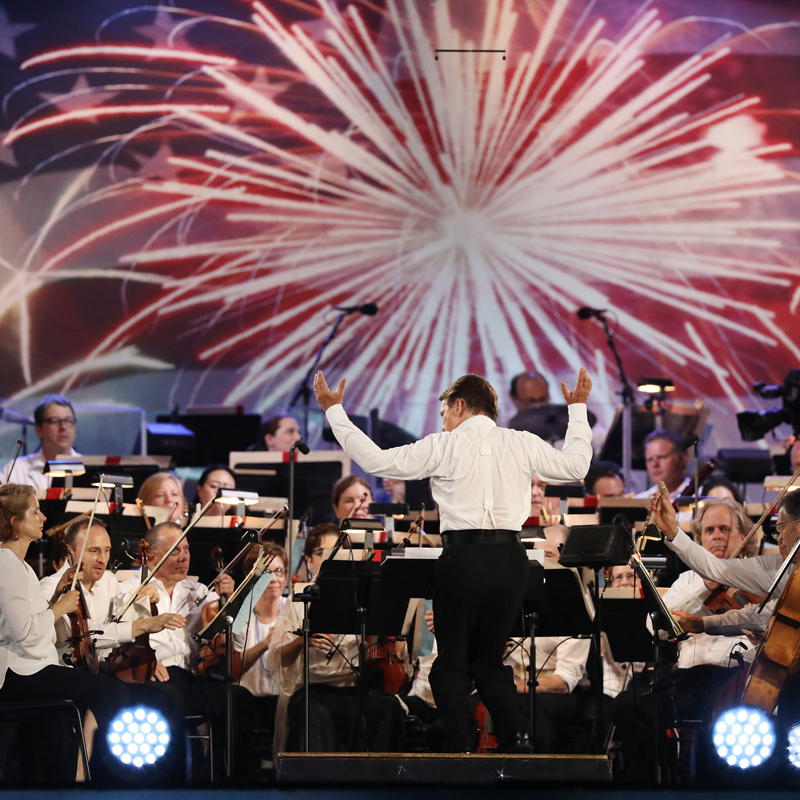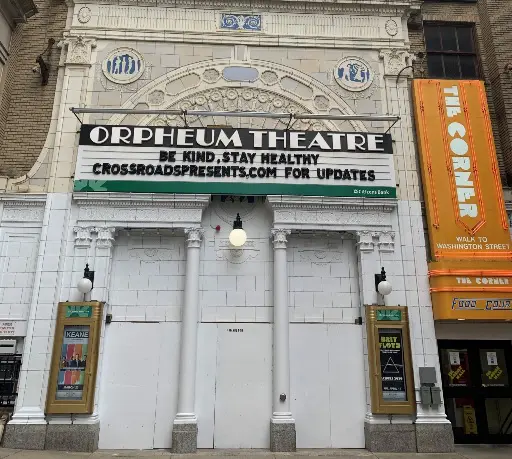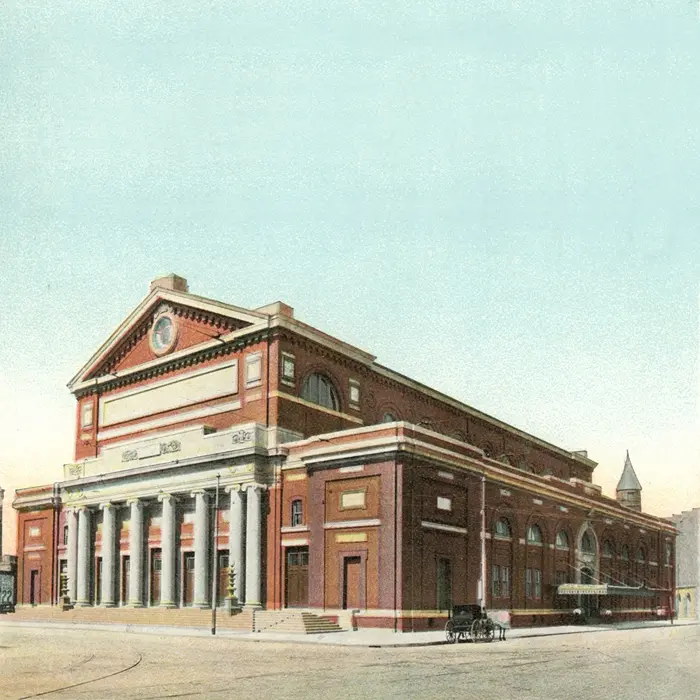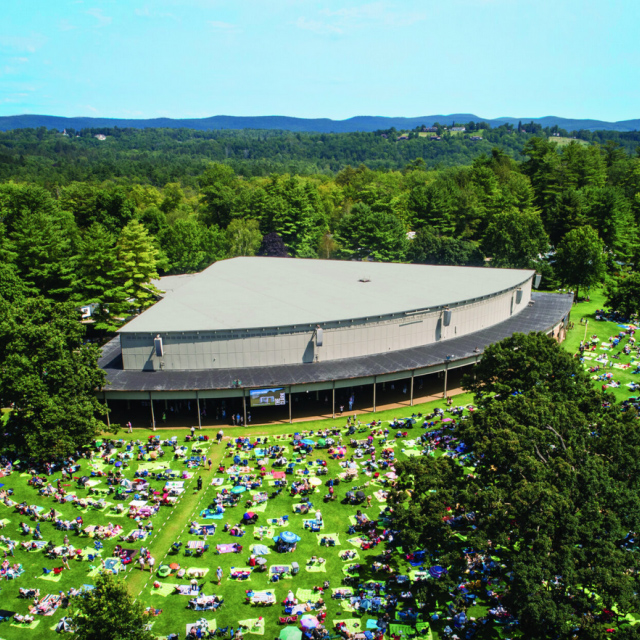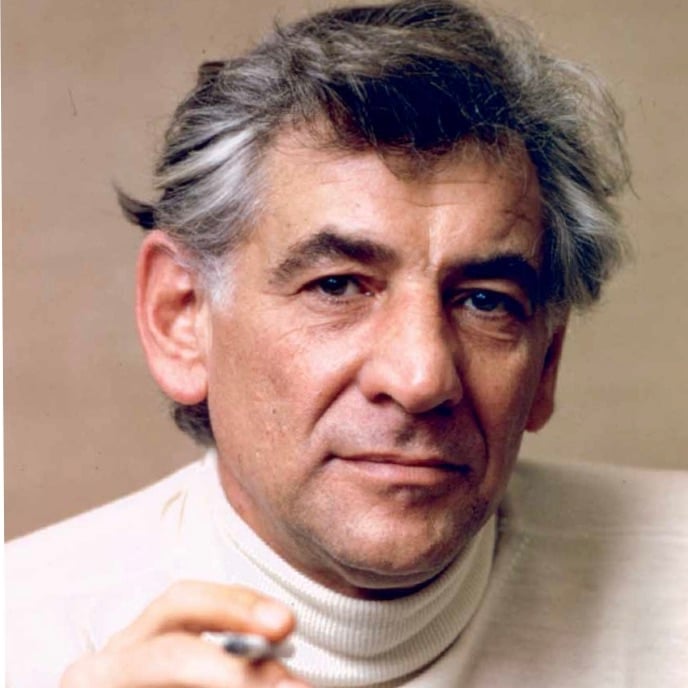Boston Symphony Orchestra
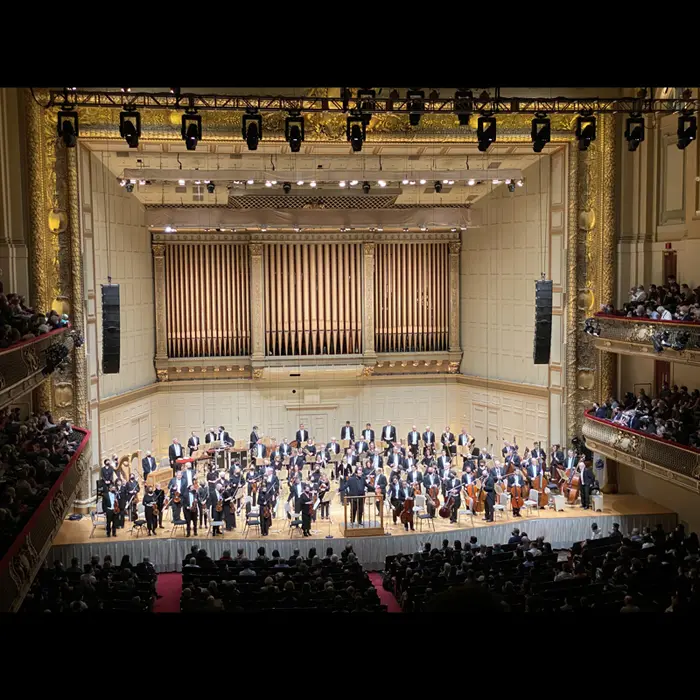
For over 140 years, Boston has been home to one of the most innovative, influential and illustrious symphonies on the planet. On the same world-class level as the city’s elite universities, esteemed hospitals and exalted sports teams, the Boston Symphony Orchestra is, quite simply, as prestigious as a musical organization could possibly be.
FOUNDING, “THE BIG FIVE” AMERICAN ORCHESTRAS
The BSO was founded in 1881 by New York City-born Henry Lee Higginson, a businessman, philanthropist, Civil War veteran, Harvard University patron and trustee of the New England Conservatory who was raised in Boston from age four and also founded the Boston Pops. It’s the second-oldest of what critics in the 1950s deemed “The Big Five” American orchestras (the others being in Philadelphia, Chicago, New York and Cleveland), a categorization based on “musical excellence, caliber of musicianship, total contract weeks, weekly basic wages, recording guarantees and paid vacations.”
In 2014, classical-music magazine Gramophone ranked the BSO #11 on its “World’s Greatest Orchestras” list – between the Dresden Staatskapelle at #10 and the New York Philharmonic at #12 – based on “concert performances, recording output, contributions to local and national communities and the ability to maintain iconic status in a competitive contemporary climate.”
MUSICAL DIRECTORS
The orchestra has had 17 music directors, the majority from Western Europe, including George Henschel (Germany), Serge Koussevitzky (Russia), Henri Rabaud (France), Erich Leinsdorf (Austria), Arthur Nikisch (Hungary), James Levine (USA) and Seiji Ozawa (Japan), who held the position for 29 years, the longest tenure of any BSO music director. Its most recent, Latvia-born Andris Nelsons (appointed in 2013), has led the BSO on Grammy-winning recordings, tours of Europe and Asia and a landmark alliance between the BSO and the Leipzig Gewandhaus Orchestra.
PRIMARY VENUES, FIRST CONCERT
For its first 19 years, the BSO’s home was the Boston Music Hall – now the Orpheum Theatre – but since 1900 it’s been Symphony Hall, where the orchestra performs all year except for in July and August, when it’s based at Tanglewood. Its first concert was on October 22, 1881, before which George Henschel, the Pops’ first music director, designed a unique orchestral-seating chart to achieve the best acoustics and sent it to his friend Johannes Brahms, the legendary German composer, for review and approval.
HISTORIC RADIO BROADCASTS, TANGLEWOOD
In 1926, under Serge Koussevitzky’s directorship, the BSO reached a level of fame unprecedented by any symphony when over one million people listened to a live radio broadcast of the orchestra performing on NBC. Revolutionary in their national scope, the broadcasts ran regularly from 1926 to 1951 and again from 1954 to 1956; the BSO continues to make regular live-radio broadcasts in close association with WGBH in Boston.
Another significant initiative Koussevitzky implemented during his tenure (1924-1949) was making Tanglewood the orchestra’s summer home. The BSO played its first concert there in 1936 – when it was called the Berkshire Music Center and also featured the New York Philharmonic – and the venue includes two buildings named after BSO directors: the Koussevitzky Music Shed, opened in 1938, and Seiji Ozawa Hall, opened in 1994.
CHARLES MUNCH
In 1949, Koussevitzky retired and Charles Munch became music director – despite Koussevitzky’s strong recommendation that his protégé Leonard Bernstein be his successor – and he held the position until 1962. Munch was a pioneer in terms of equal rights within the BSO, recording and the orchestra’s globalization: In 1952, he appointed the first woman to hold a principal chair in any major American orchestra; in 1954 he produced the BSO’s first stereo recording; and he led the orchestra on its first overseas tour. In 1956, the BSO became the first American orchestra to tour the Soviet Union.
SEIJI OZAWA
In 1973, Seiji Ozawa – a graduate of Tokyo’s elite Toho Gakuen School of Music – was appointed BSO’s music director and he remained in the position for 29 years, the longest-serving director in the orchestra’s history. In 1979, he led the BSO on a multi-city tour of China, becoming the first American orchestra to play there since the normalization of US-Sino relations in 1978. In Beijing, over 200 musicians from the BSO and the Central Philharmonic of Peking shared the stage as Ozawa – who was born in northeast China in 1935 during the Japanese occupation and lived there until age nine – conducted Beethoven’s “Ninth Symphony.” It was the first time the composition had been performed publicly in China since 1961 due to a ban on Western music.
Despite such groundbreaking events, however, Ozawa’s tenure was filled with controversy. His strongest critics claimed the BSO’s quality suffered under his leadership – “what comes out is glittering surfaces with nothing substantial beneath,” said one – and in the mid-1990s some prominent BSO musicians (who were also Tanglewood faculty members) submitted scathing letters of resignation. In their comments, they cited what they perceived as Ozawa’s “samurai” management style, accusing him of being more dictatorial than directorial. In the summer of 1997, pianist Gilbert Kalish of the BSO’s Chamber Players publicized his resignation letter and BSO pianist/conductor Leon Fischer praised Kalish for doing so. Ozawa demoted Fleisher to what Fleisher described as a “ceremonial puppet role” and he resigned in protest.
Reflecting on Ozawa’s somewhat tumultuous tenure, Boston Globe critic Richard Dyer wrote, “…not every change was for the better…But there can be no question that Tanglewood is a busier, more adventurous, and more exciting place than it was before Ozawa.” In 2002, Ozawa left the BSO to become the principal conductor of the Vienna State Opera. He remains the BSO’s laureate conductor.
JAMES LEVINE, ANDRIS NELSONS
In 2004, following Bernard Haitink’s brief tenure, James Levine was appointed as the orchestra’s first American-born music director. Critics praised him for returning the orchestra to its “pre-Ozawa level” and for including a number of contemporary composers in the repertoire. Ailed by recurring health problems, however, Levine left in 2011 and was succeeded by Andris Nelsons as guest conductor until he was appointed music director starting with the 2014/15 season. Nelsons is under contract with the BSO until August 2025.
RECORDINGS, GRAMMY AWARDS
The BSO has been a pioneer among symphonies for over 100 years in terms of recording output. In 1917, the orchestra made its first acoustic recording (issued by the Victor Talking Machine Company), followed by electronically enhanced ones in the mid-1920s, recorded at Symphony Hall.
After Victor began recording in stereo in 1954, the BSO recorded on the label regularly until 1970, when it switched to Deutsche Grammophon under German-born music director William Steinberg. In the 1990s, the orchestra won Grammy Awards for their recordings of the Schindler’s List and Saving Private Ryan soundtracks, both composed and conducted by former Boston Pops Principal Conductor John Williams and recorded at Symphony Hall.
In 2009, the orchestra launched a new series of recordings on its own label, BSO Classics, and in 2015 it began a partnership with Deutsche Grammophon. The new venture’s debut was a live performance of mid-20th-century Russian composer Dimitri Shostakovich’s “Symphony No. 10 in E minor” with Nelsons conducting, which won a Grammy for Best Orchestral Performance.
ONLINE PRESENCE, STREAMING
In 2020, in response to Covid-19 restrictions, the BSO dramatically expanded its online presence and released 21 programs on its streaming platform. In April 2022, the orchestra cancelled its May concert dates in Vienna, Leipzig, Hamburg and Paris because 31 of the orchestra’s roughly 100 musicians had tested positive for Covid-19 and the number of Covid cases was increasing across Europe.
(by D.S. Monahan)


